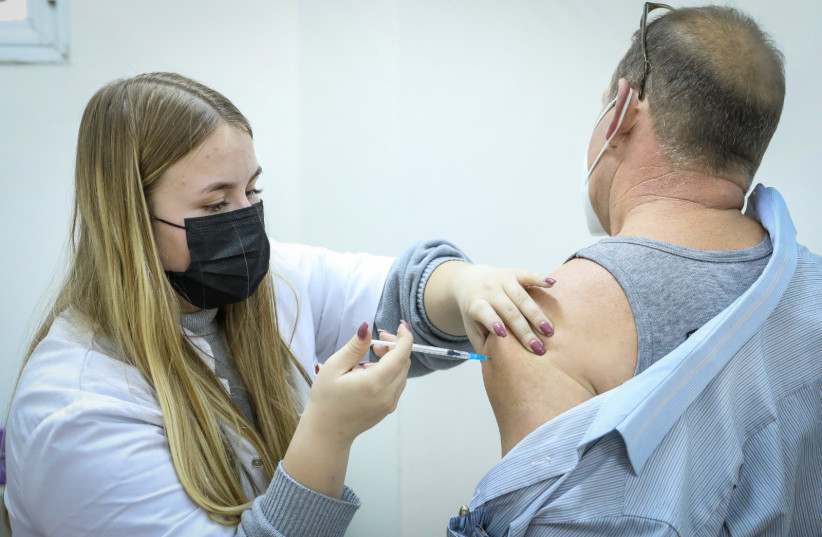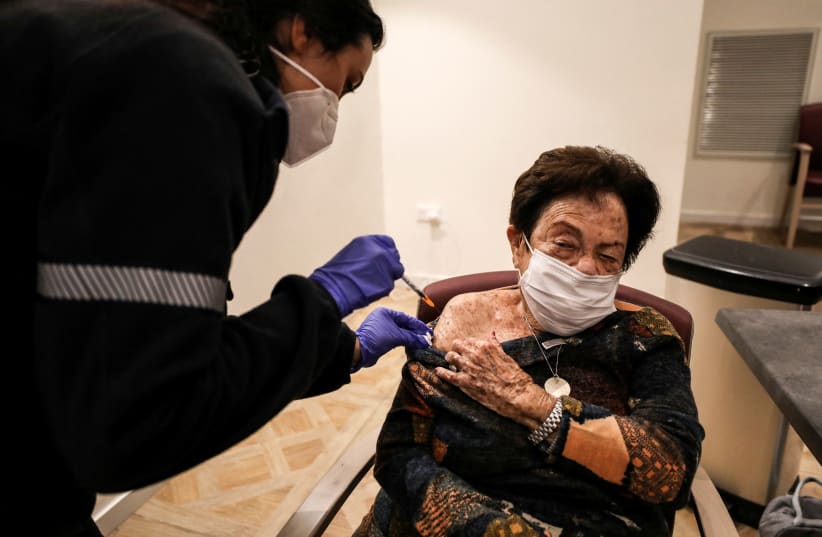More than two-thirds of the common side-effects people experience after a corona shot can be attributed to a negative version of the placebo effect rather than the vaccine itself, new research indicates.
Scientists at Beth Israel Deaconess Medical Center (BIDMC) in Boston examined data from 12 clinical trials of COVID vaccines and found the “nocebo effect” accounted for 76% of all common adverse reactions after the first dose, and nearly 52% after the second dose. A third of clinical trial participants who received no vaccine reported systemic adverse events like headache and fatigue.
The findings, published in JAMA Network Open, suggest that a large proportion of milder side-effects such as headaches, short-term fatigue and arm pain are not produced by the vaccine itself, but by other factors thought to generate the nocebo response, such as anxiety.

“Adverse events after placebo treatment are common in randomized controlled trials,” said lead author Julia W. Haas, PhD, an investigator in the Program in Placebo Studies at BIDMC. “Collecting systematic evidence regarding these nocebo responses in vaccine trials is important for COVID-19 vaccination worldwide, especially because concern about side effects is reported to be a reason for vaccine hesitancy.”
